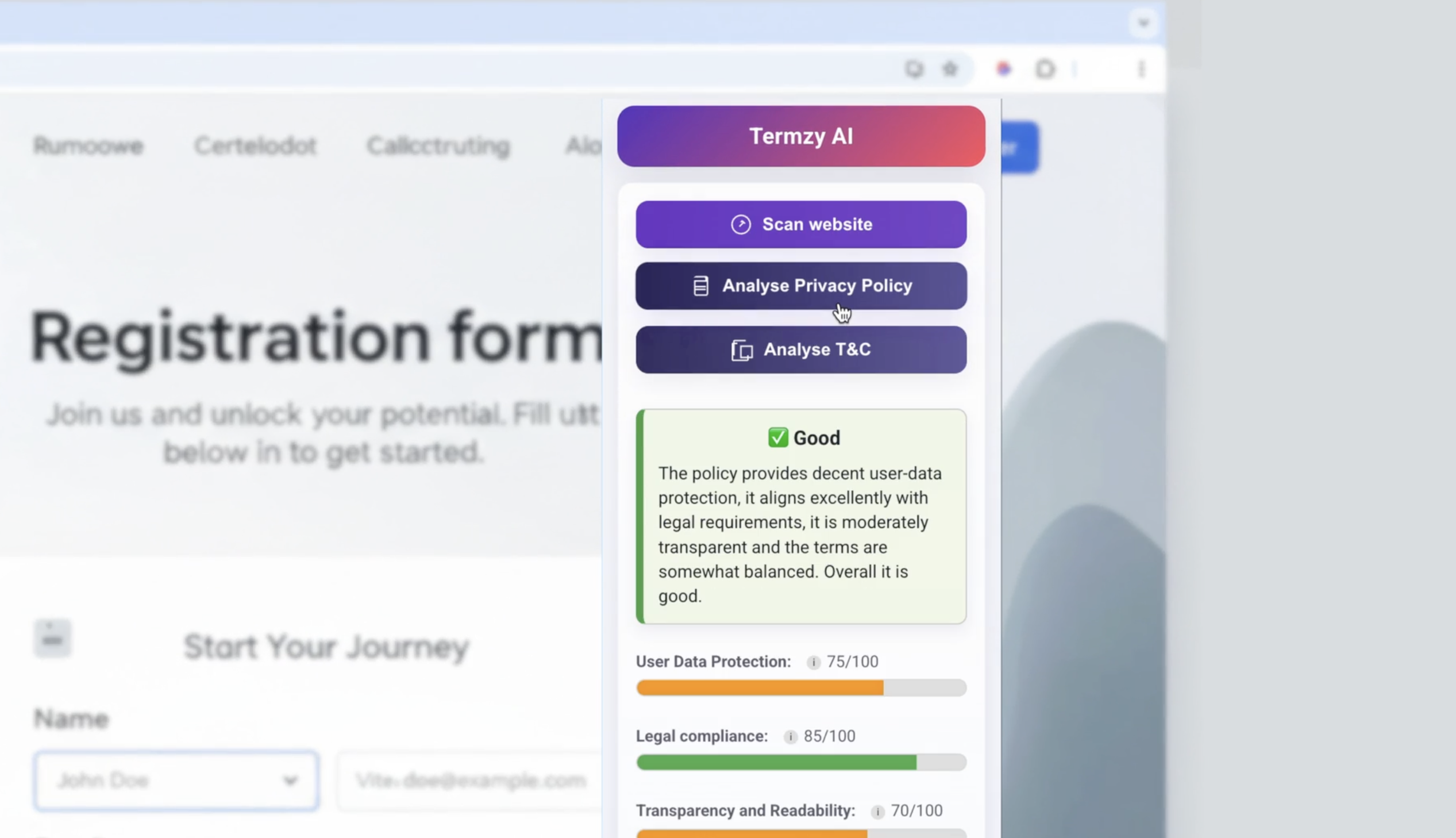
How AI can supercharge fraud in the enterprise [Q&A]
The FBI reports that complaints around deepfake AI videos have more than doubled, and financial losses have nearly tripled this year.
Agentic AI is set to accelerate this process, making it even easier to commit fraud with deepfakes. We spoke to Alix Melchy, VP of AI at Jumio, to discuss the threat and how to combat it.

AI video tools and how they’re changing business communication [Q&A]
The use of AI video has exploded in the past year. But while it’s deepfakes that make the headlines the technology also has the potential to change how businesses create and use video content in their messaging.
We spoke to Victor Erukhimov, chief executive officer of CraftStory, to find out more about AI video and how businesses can exploit it to their advantage.

AI risks, greater regulation and remote consultations -- healthtech predictions for 2026
Understandably perhaps the health sector has been slower than some to embrace the rush to AI. But more medical devices are now connected and AI is having an impact, offering benefits to patients but also opening up new risks.
We spoke to some leading industry figures to find out how they see healthtech developing in 2026

AI as a target, web-based attacks and deepfakes -- cybersecurity predictions for 2026
The very nature of cybersecurity makes it a constant arms race between attackers and defenders and recently that’s meant both sides utilizing AI.
This seems unlikely to change in 2026 but what else might we expect? Some industry experts give us their views.

Agent vs agent, reliable interfaces and value for money -- artificial intelligence predictions for 2026
Artificial intelligence has been driving much of the technical agenda for the last couple of years and is still evolving rapidly, finding its way into more and more areas.
Here some industry experts look at what we can expect to see from the AI space in 2026.

AI data transparency shapes shopping behavior
A new survey of over 1,000 US consumers looks at how holiday shopping behavior is impacted by brand management of personal data in AI systems.
The study from Relyance AI suggests Americans are entering the gifting season emotionally depleted and digitally exposed, with most planning to shop online. But feeding more personal data into systems during periods of high stress and emotional depletion sets the stage for a fragile purchasing environment.

Generative simulators allow AI agents to learn their jobs safely
As AI systems increasingly shift from answering questions to carrying out multi-step work, a key challenge has emerged. The static tests and training data previously used often don't reflect the dynamic and interactive nature of real-world systems.
That’s why Patronus AI today announced its ‘Generative Simulators,’ adaptive simulation environments that can continually create new tasks and scenarios, update the rules of the world in a simulation environment, and evaluate an agent's actions as it learns.

Less than a quarter of organizations are securing AI-generated code
A new report reveals that 95 percent of organizations now rely on AI tools to generate code, yet only 24 percent apply comprehensive IP, license, security, and quality evaluations to that AI-generated code.
The study from Black Duck shows that that organizations without strong dependency management, automation, and SBOM validation are already falling behind on their ability to detect and remediate critical issues.

Citizen developers dominate, the rise of AI, code as the new Latin -- development predictions for 2026
Software development, perhaps more than any other area of IT, has seen a major impact from the rise of AI. It’s become easier for anyone to develop apps but that doesn’t come without risks.
Industry experts look ahead to what we can expect to see in the development space, from AI and more, as we head into 2026.

Governing AI where work actually happens [Q&A]
Enterprises are rushing to embrace AI copilots and browser-based assistants, but most struggle with governing how employees actually use them. Sensitive data gets uploaded, prompts leak strategy, and risky extensions run unchecked, all outside the reach of traditional network or app-layer controls.
We spoke to Michael Leland, field CTO at Island, to discuss why the UI surface is becoming the most strategic security layer as SaaS and AI copilots flood enterprise workflows.

Zencoder aims to end vibe coding and bring engineering discipline
While chat interfaces have popularized AI coding, uncoordinated agents can produce ‘slop’ -- code that looks correct but fails in production or degrades with iteration.
To address this problem Zencoder is introducing its new Zenflow app, a free orchestration platform designed to transition the industry from ‘vibe coding’ to AI-first engineering.

Almost half of Gen Z hide their AI use at work
A new survey shows that nearly half of Gen Z workers (48 percent) quietly keep their AI use under wraps -- roughly in line with the 45 percent of all employees who say the same.
But the research from Slingshot finds that, unlike their older colleagues, Gen Zers (ages 18-28) conceal their AI use because of concerns about being judged (47 percent) or that it will be seen as cutting corners (44 percent).

Don’t waste time reading T&Cs -- AI can do it for you
Be honest now, do you really read T&Cs, privacy policies, etc when signing up to a service? Of course you don’t, you just scroll to the bottom and click Accept, trusting that you haven’t just handed over your first born child to a social media mogul.
Step forward Termzy AI, an AI tool that can scan those pesky T&Cs for you and alert you to any problematic things lurking in there that you might be agreeing to.

AI and automation feed rise in holiday scams
The holiday season has long been a peak time for scammers as much as it has for retailers. But new research from Check Point Software reveals how AI and automation are fueling the biggest surge in holiday scams ever recorded.
The study shows over 33,500 Christmas-themed phishing emails flagged in just 14 days and over 10,000 fake social media advertisements being created daily. This is coupled with fake retail sites and social media giveaways surging around the globe.

Over a third of US adults now use AI every day
ChatGPT burst onto the scene just three years ago, but a new survey reveals that 34 percent of US adults now use AI platforms daily, and nearly half say they’re using them more than they were a year ago.
The survey, of over 1,000 from US adults, from Tinuiti shows that Gen Z and millennials are leading the AI charge. 67 percent of both groups use AI at least weekly. Platforms like ChatGPT, Google Gemini, Character AI, and Sora are carving out generational niches.
